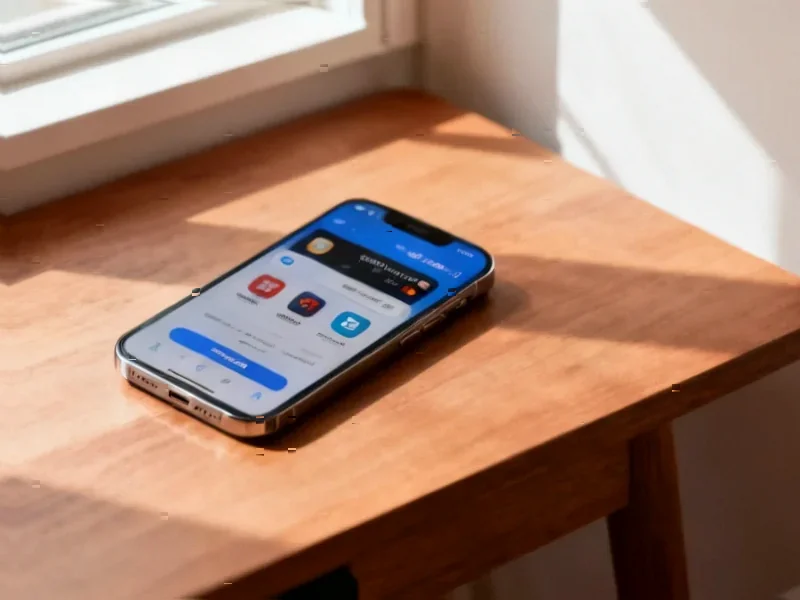According to TechCrunch, Google and Epic Games have reached a settlement that fundamentally changes how Android’s app store operates. The search giant agreed to cap fees at either 9% or 20% depending on transaction type and will allow developers to point users to alternative payment mechanisms both inside apps and through external links. Epic CEO Tim Sweeney called the proposal “awesome” and praised it as supporting Android’s “vision as an open platform.” The settlement comes after Google lost its appeal in July when a jury found the company had stifled competition. If approved by the judge, this would end the antitrust litigation between the companies while Apple continues its more restrictive approach despite recently reporting record Services revenue of $28.75 billion last quarter.
The Android vs Apple divide just got wider
Here’s the thing: this settlement creates the biggest philosophical split we’ve ever seen between Android and iOS. Google is basically saying “fine, we’ll open up,” while Apple continues its walled garden approach. And honestly? That’s probably good for competition.
Tim Sweeney didn’t hold back in his post on X, directly contrasting Google’s new openness with Apple’s model of “blocking all competing stores.” Meanwhile, Google’s Android Ecosystem president Sameer Samat framed the changes as being about “expanding developer choice and flexibility.” So we’ve got two completely different philosophies playing out in real time.
What this actually means for developers
Basically, developers now have real choices on Android. They can use Google’s payment system and pay the capped fees, or they can build their own payment processing and keep more of their revenue. That 9-20% fee structure is still significant, but it’s way better than the previous 30% standard.
And here’s the kicker: Epic immediately announced the Epic Games Store for Android would be coming to Google Play. Talk about putting your money where your mouth is. This is exactly the kind of competition the lawsuit was supposed to enable.
Meanwhile, Apple’s sticking to its guns
Apple’s playing a completely different game. They’re maintaining their tight control while somehow still pulling in record Services revenue – $28.75 billion last quarter alone. Their argument about security and consumer protection isn’t going anywhere, even as developers increasingly chafe under the restrictions.
But here’s what I’m wondering: how long can Apple maintain this position when its biggest competitor is opening up? Sure, they won their case with Epic, but the pressure’s only going to increase. Developers now have a clear alternative that offers more freedom.
The bigger picture here
This settlement feels like a turning point. Google’s making concessions that would have been unthinkable a few years ago. They’re acknowledging that their previous control was, well, too controlling.
And honestly? This could be good for everyone. More competition typically leads to better products and lower prices. Developers get more flexibility, consumers get more choices, and Google avoids more legal headaches. It’s a rare win-win in the tech antitrust world.
Now we just have to see if the judge approves the deal and whether Apple feels any pressure to follow suit. My guess? They won’t – not unless they’re forced to.




